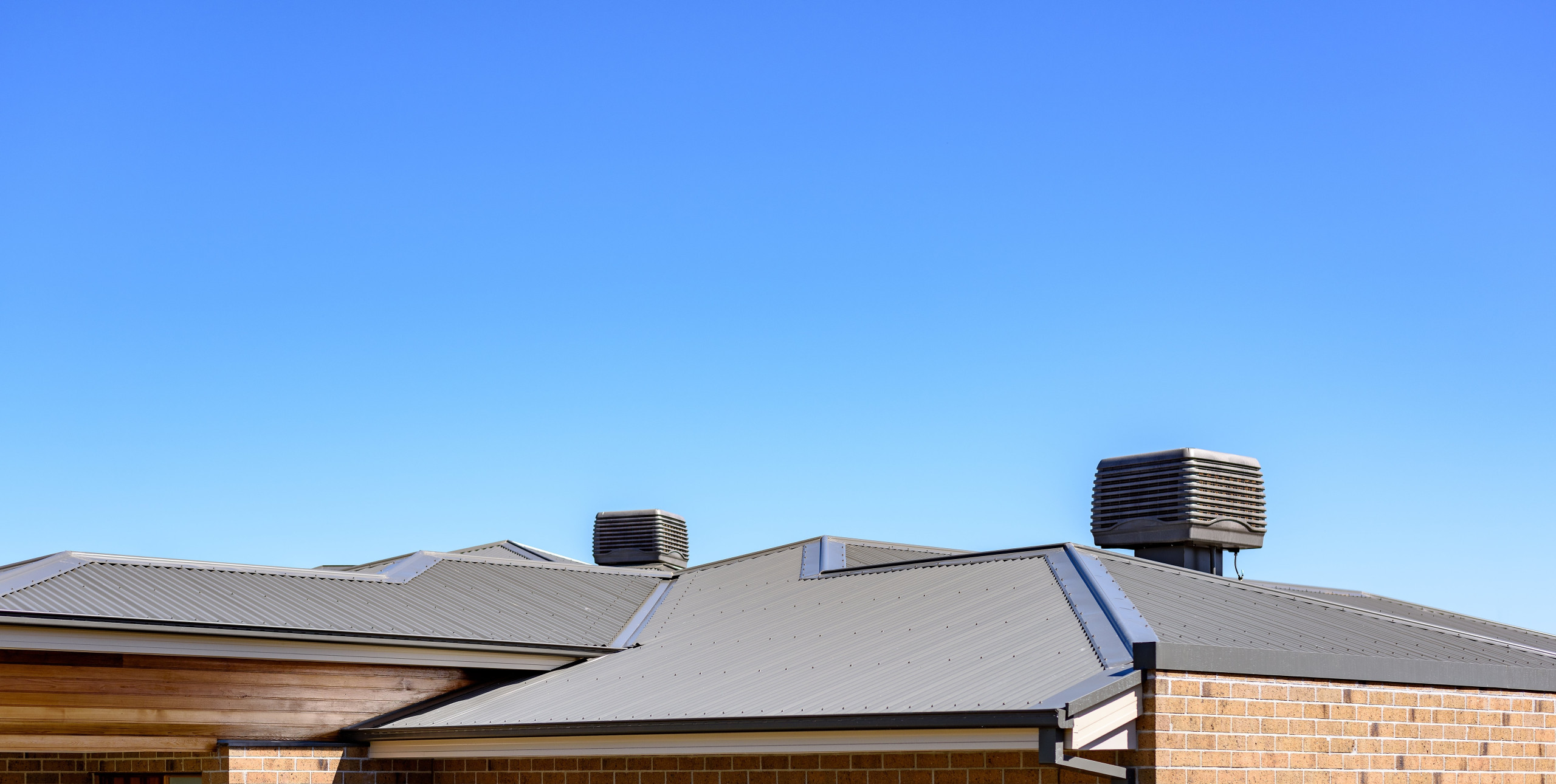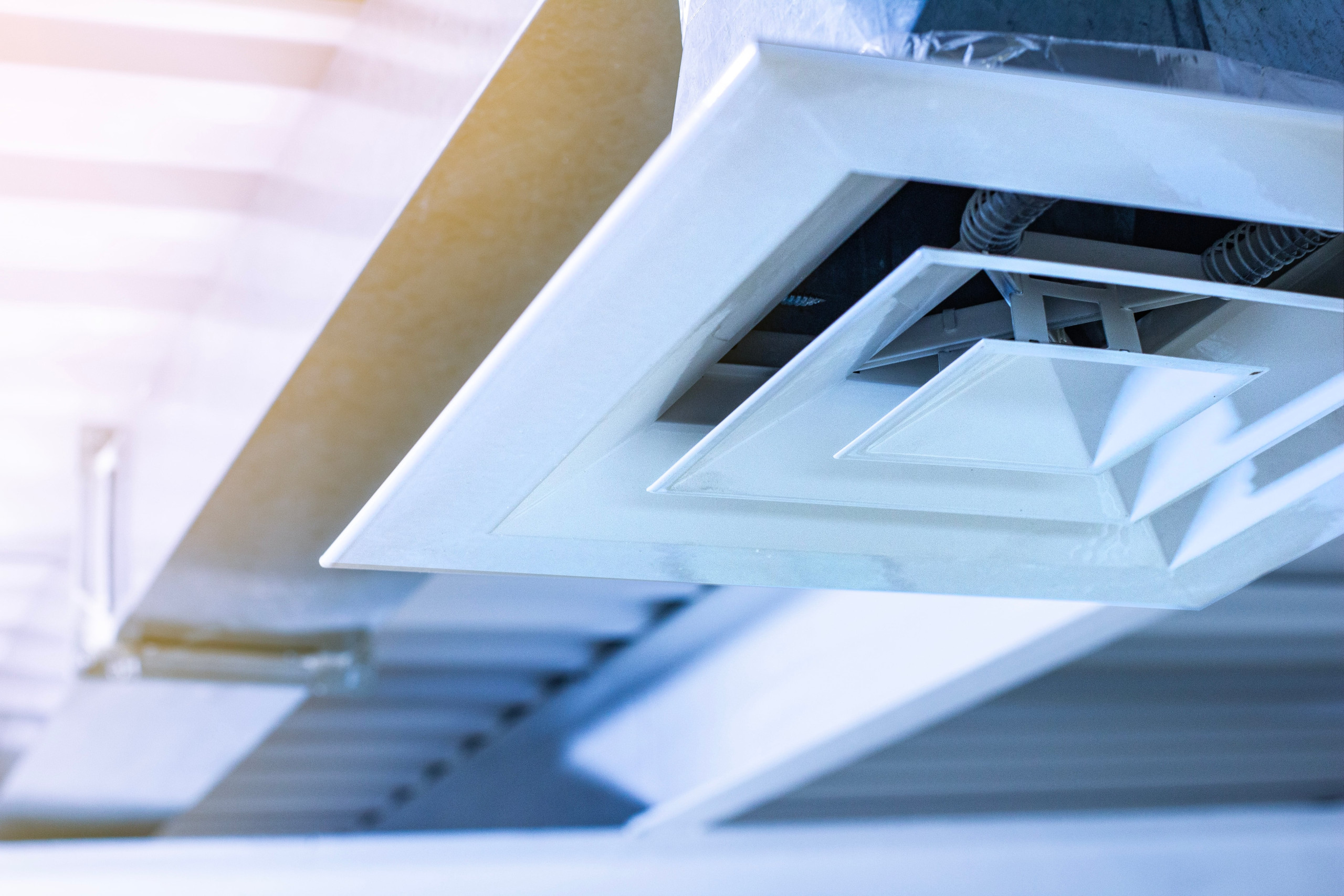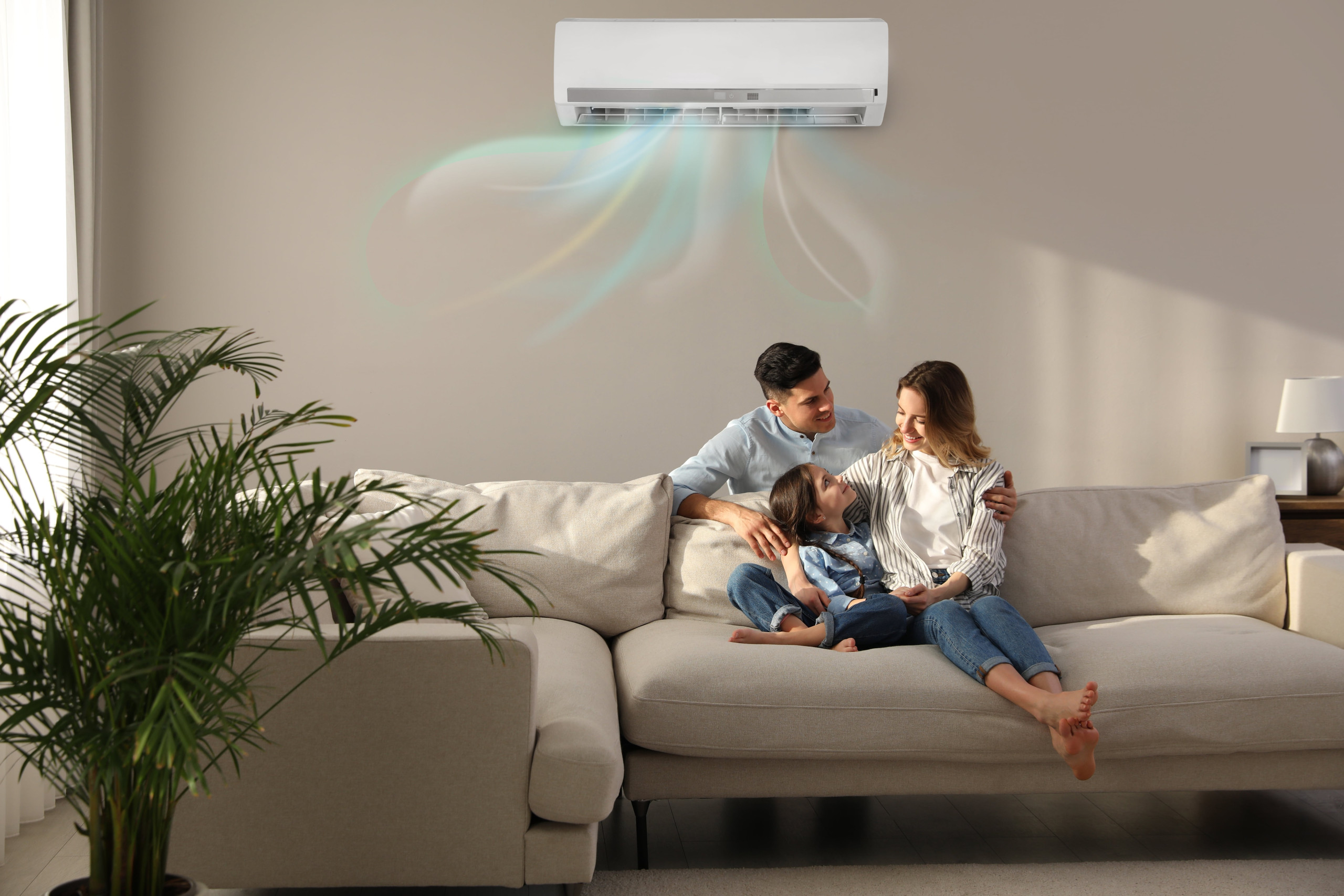Why is Indoor Air Quality Important?
When we think about air pollution, we usually picture busy city streets or industrial areas. But have you ever stopped to consider the quality of the air inside your own home? In Australia, where many of us spend most of our time inside, indoor air quality (IAQ) is something that deserves our attention. But why is indoor air quality important, and what can we do to make sure the air we breathe is clean and healthy?
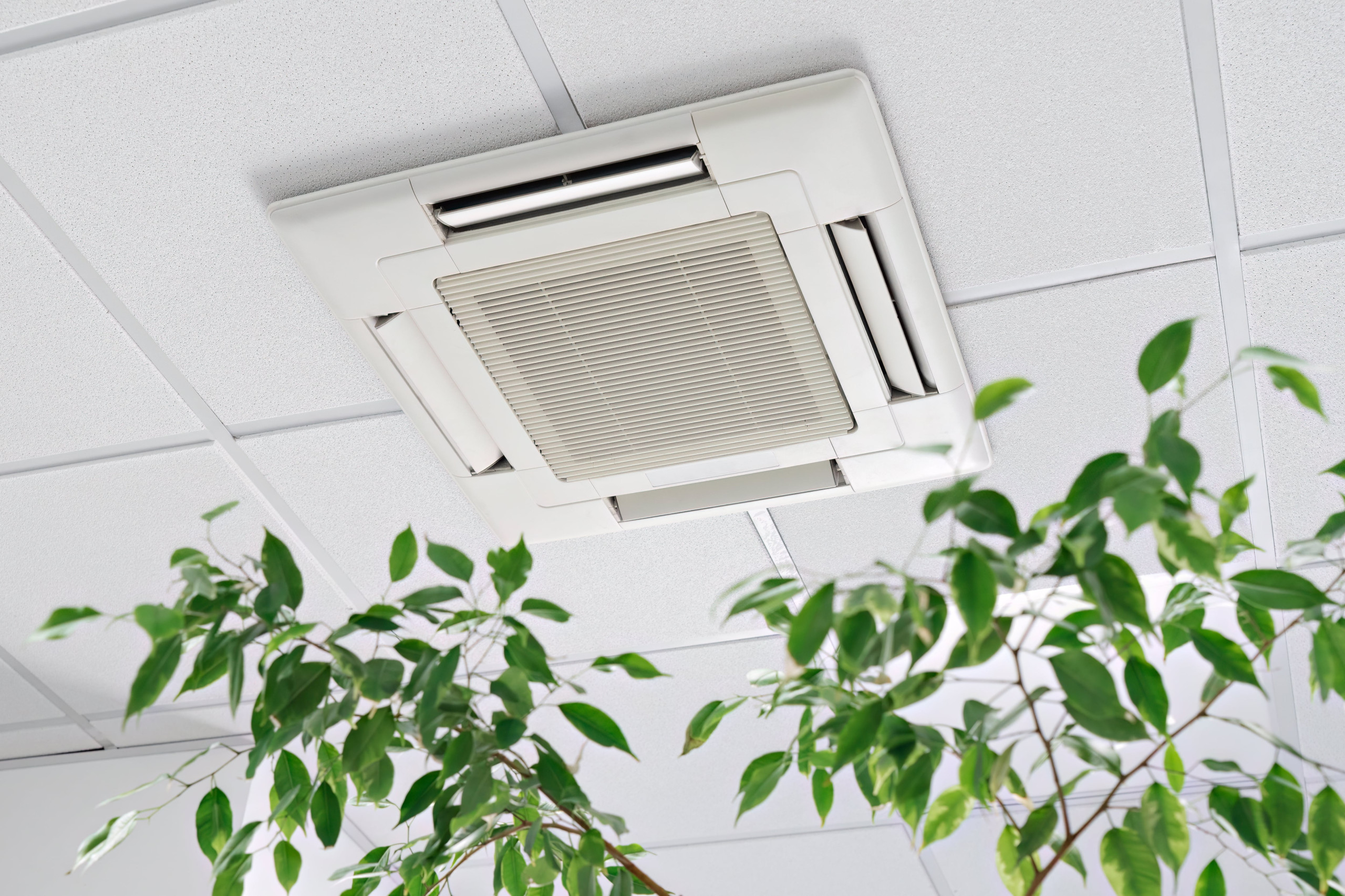
What is Indoor Air Quality?
IAQ is the condition of the air inside buildings—whether it’s your home, office, or any other indoor space. It can be influenced by factors like pollutants, ventilation, humidity, and the efficiency of your heating and cooling systems.
In Australia, common indoor air pollutants include:
- Dust
- Dust mites
- Mould spores
- Volatile Organic Compounds (VOCs) from products like paints, air fresheners, cleaning supplies and even furniture
- Pet dander
- Smoke from wood heaters or tobacco
Given that most Australians spend around 90% of their time indoors, managing these pollutants is crucial for maintaining a healthy and comfortable environment.
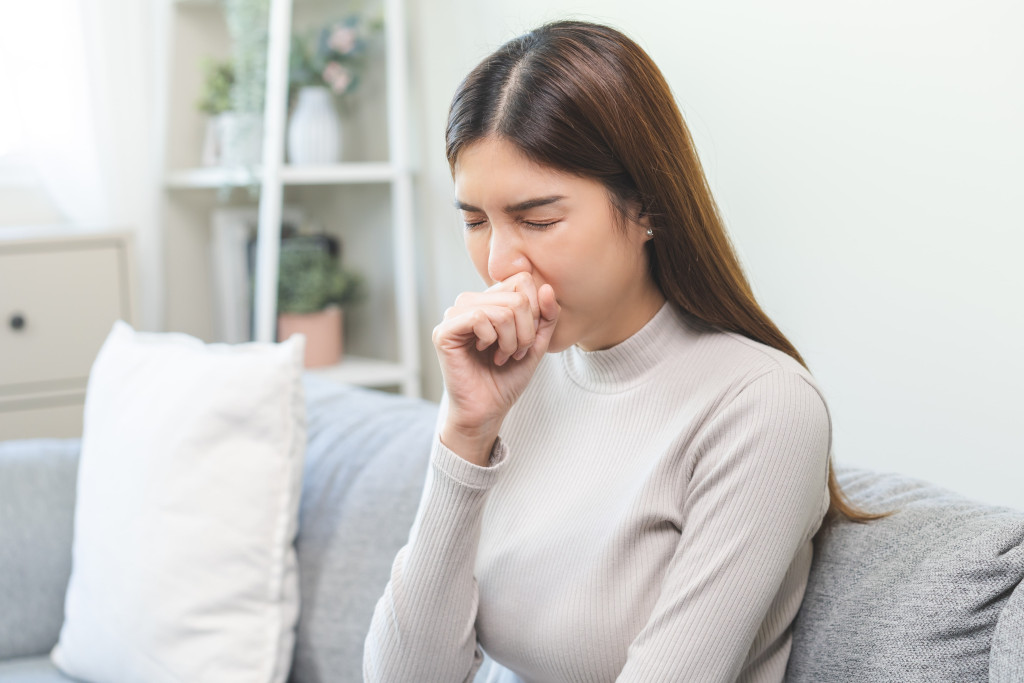
Health Impacts of Poor IAQ
IAQ is closely linked to your health, particularly with respiratory issues, allergies, and long-term health risks.
Respiratory and Allergy Issues
Poor IAQ can exacerbate conditions like asthma and allergies. Pollutants such as dust mites, mould spores, and pet dander can trigger symptoms like coughing, sneezing, itchy eyes, and skin rashes. Even without pre-existing health conditions, exposure to these pollutants can cause respiratory discomfort.

The Impact on Productivity and Costs
Poor IAQ doesn’t just affect your health—it can also hit your wallet. In workplaces across Australia, poor IAQ can lead to a drop in productivity. If employees are suffering from headaches, fatigue, or trouble concentrating because of the air quality, it’s going to show in their work. We often refer to this as ‘sick building syndrome,’ which can lead to more sick days and less efficient work.
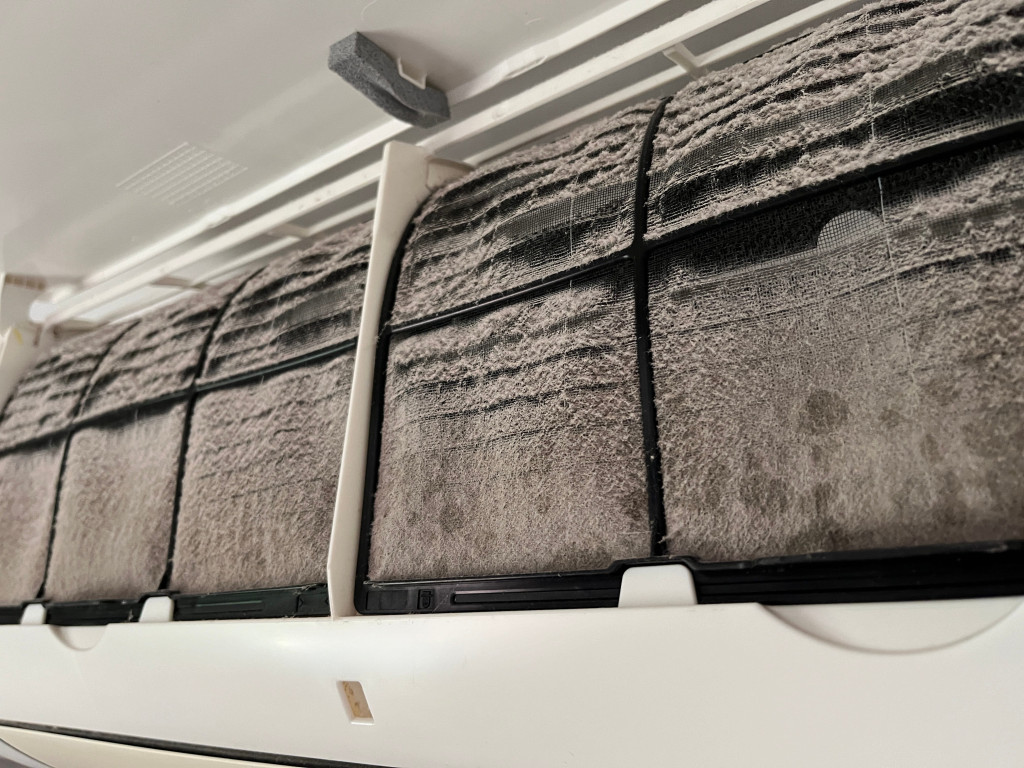
Environmental and Energy Benefits
Another reason IAQ is important is its connection to energy efficiency. In a country like Australia, where energy use is a significant concern, improving IAQ can also mean using energy more efficiently.
For example, when dust and pollutants clog your air conditioning system, it has to work harder to keep your home cool. This not only reduces air quality but also drives up your energy bills. Regular maintenance of your AC system – split system, evaporative, refrigerated – can keep it running efficiently, helping you save on energy costs and reduce your carbon footprint.
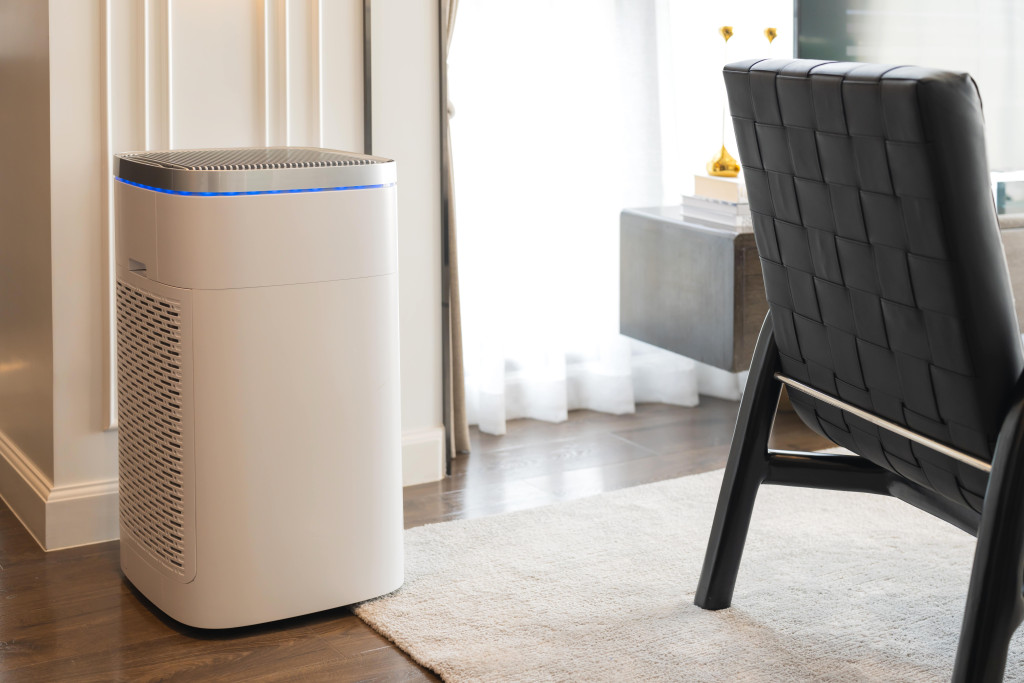
Practical Tips for Improving Indoor Air Quality
So, what can you do to improve the air quality in your home or workplace? Here are some practical tips:
Maintain Your Systems
Your heating and cooling systems play a role in your IAQ. Make sure you’re cleaning and replacing filters regularly, and get your systems serviced to ensure they’re not circulating pollutants. In hot Australian climates, where air conditioning is a must, keeping your system in top shape can make a substantial difference.
Improving Ventilation
Good ventilation is crucial for diluting indoor pollutants and bringing in fresh air. In many parts of Australia, simply opening windows and doors can help improve airflow. If natural ventilation isn’t enough, consider installing mechanical ventilation systems like exhaust fans or air purifiers with HEPA filters.
Control Humidity
High humidity can lead to mould growth, which is a common problem in many Australian homes, especially in coastal areas. Using a dehumidifier in damp spaces like bathrooms or basements can help prevent mould. It is also important to fix any leaks or water damage quickly to avoid creating conditions where mould can thrive.
Opt for Low-VOC Products
When buying paints, cleaning products, or new furniture, look for low-VOC options. These products emit fewer harmful chemicals into the air, which helps maintain better IAQ. Many Australian retailers offer low-VOC products, so it’s easier than ever to make environmentally friendly choices.
Reduce Pollutants at the Source
One of the best ways to maintain good IAQ is by reducing pollutants at their source. Regular cleaning, dusting, and vacuuming can keep dust, pet dander, and other allergens at bay.
Choose Your Indoor Plants Wisely
Indoor plants can improve air quality by absorbing carbon dioxide and releasing oxygen. However, some plants, like the ficus or areca palm, can also introduce pollen or harbour mould, so choose carefully and keep them well-maintained to avoid adding to your IAQ problems.
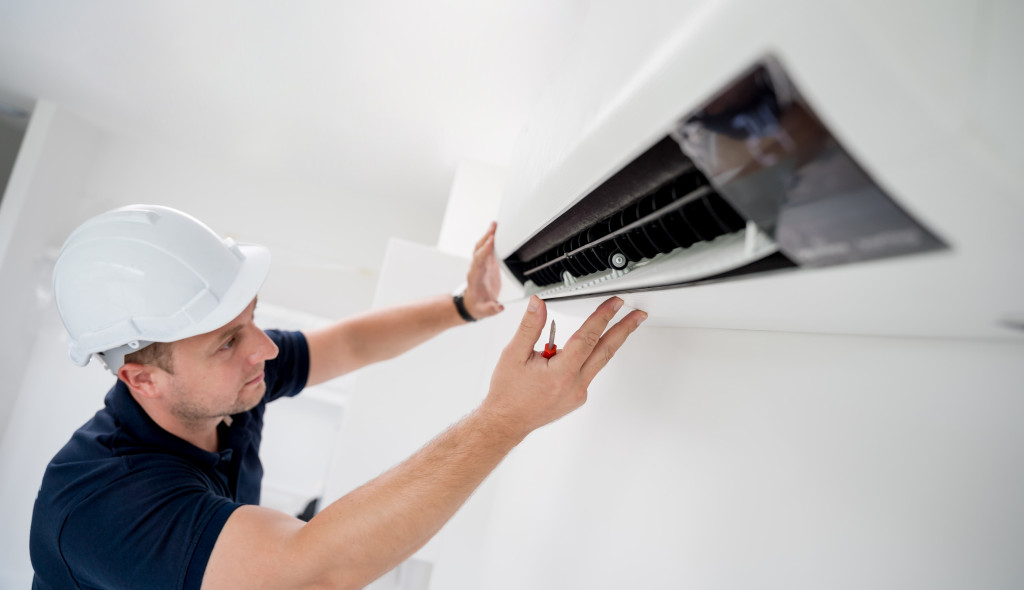
Improve Your Indoor Air Quality with iBreeze
Knowing the reasons why indoor air quality is important is a vital step in having a healthier life but also a more comfortable home and business.
For premium quality Mandurah air conditioning system installations, get in touch with our team of expert technicians today. We’ll schedule a consultation with you and have you set up with the right system in no time.
Note: This post was originally published on May 11, 2021 and has been updated on October 04, 2024.
For energy efficient, effective heating and cooling solutions all year round, reach out to our team of specialists. We’ll deliver the highest comfort to both your residential and commercial space, no matter the size or scale.
Sunday Closed
Monday 9:00am – 5:00pm
Tuesday 9:00am – 5:00pm
Wednesday 9:00am – 5:00pm
Thursday 9:00am – 5:00pm
Friday 9:00am – 5:00pm
Saturday Closed
